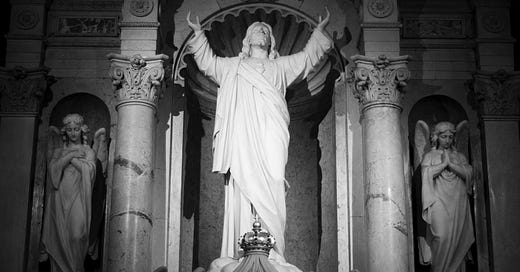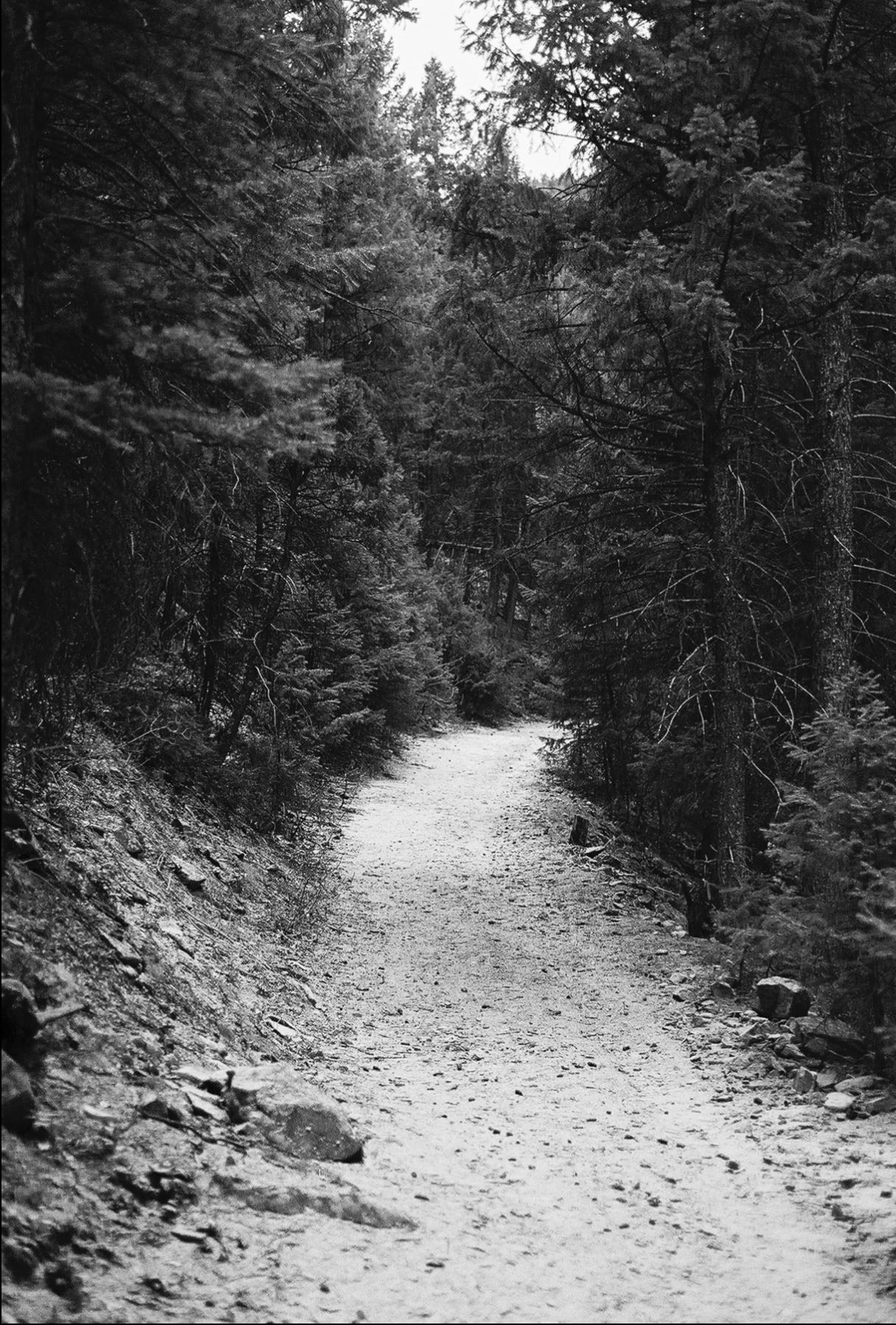Now as he was going along and approaching Damascus, suddenly a light from heaven flashed around him. He fell to the ground and heard a voice saying to him, “Saul, Saul, why do you persecute me?” He asked, “Who are you, Lord?” The reply came, “I am Jesus, whom you are persecuting. But get up and enter the city, and you will be told what you are to do.” - Acts 9:3-6
There’s a cynical maxim out there, often repeated by the particularly postmodern among us, which tells us in harsh, heroic realism “people don’t change.”
Instead, these everyday philosophers say, people always remain fundamentally the same. We shouldn’t hope for any sort of radical change in behavior, outlook, life path, or even much of an improvement over the years. It’s nice to hope for it, sure, but don’t put much stock in it. You’ll only be disappointed to find out that everyone will always be their same old terrible selves no matter how much you may wish it to be otherwise. So says the wisdom of the world.
I do realize that I am, to a degree, exaggerating the claim many of us are making when we say “people don’t change.” Is it not actually just a form of prudential caution in the face of so many resolutely awful people? Most of us would probably say we reserve a small space in our minds for the remote possibility that someone, however awful, may surprise us with a dramatic turnaround, but in 99% of cases, we should expect everyone to stay their course no matter their vices and virtues. Perhaps this more nuanced view is the way? A middle ground between the extremes of no change and unfounded hope?
Christianity rejects that claim.
Instead, the Church proclaims a radical, ridiculous option of both/and. There is no happy middle ground for the Christian. No lukewarm middling comfortable stroll down the lane with the towering walls of extremity on either side. None of that. The Christian worldview presents a marriage of opposites — a union of extremes. The world is a broken, tragic shipwreck careening down a path to its own destruction,1 but there is also an overwhelming and utterly ineffable grace that has infused itself into every nook and cranny of Creation and which works, ultimately, for the salvation of every single person and thing, down to the last atom. “People cannot change,” says the Christian, right before he claims that they will.
Today is the feast of the Conversion of St Paul.
St Paul enters the narrative in the worst way imaginable. He was present for and participated in the stoning of the very first martyr, St Stephen. He then goes about Jerusalem and much of the region persecuting the small Christian community on behalf of the high priest and elders. It is on one of these expeditions that he is struck from his horse, directly addressed by Jesus, and converts. And not only converts but upends his entire life and works for the proclamation of the Gospel as zealously as he worked against them just days before.
“People don’t change"
The difficulty with St Paul’s story is not just that it defies our common wisdom. We’ve already established that our general understanding seems to allow for some outlying cases to surprise us every now and then. The difficulty then comes from, I think, our discomfort with what such a change implies.
Saul, before becoming Paul, is one of the worst people that could’ve possibly confronted the early Church. He’s intelligent, educated, self-righteous, determined, well-connected, and hates this new movement. The apostles and remaining disciplines had just witnessed the greatest victory in history, the Resurrection of the Lord, and were tasked to go out and tell everyone about it, and then the worst person ever showed up on the other side. As zealous and inspired as the apostles are for Christ, so Paul was to destroy them, and he appears to be similarly effective at arresting and killing Christians as the Apostles are at spreading the faith. He wholeheartedly believes Jesus and his disciples are liars and frauds. Yet as quickly and violently as he arrives, he claims to convert and dedicates his entire life to spreading the faith further than any other apostle until his own eventual martyrdom. That presents a serious problem for our postmodern, cynical hearts, which don’t truly believe anyone can change so dramatically.
Our usual solution is to psychologize Paul. We come up with easy, modern readings of his story to say “Ah ha! See! He’s just an opportunist who made up a conversion story to take advantage of a rising movement.” and just like that, we don’t have the believe it. No one really changes, they just take opportunities when they arise and remain their same slimy, slithering selves with new skin. Everyone is a snake. I’m a snake. And so we locked ourselves in a startlingly deterministic universe. Change is not possible. Change, goodness, and truth are made up for personal gain and political fortunes.
The problem with Paul then is the only question that truly matters: is Christianity true? The Apostle is the litmus test for the entire project insofar as it would affect your life on a personal level. Can people change? Can you forgive Paul? Did that terrible, miserable murderer actually change or did he just further prove his depravity by becoming one of the biggest liars in history? That’s the choice. That’s the faith. That’s the belief. Is genuine, fundamental change (ie, conversion) possible, or not?
In other words, can I actually be set free of the terrible things I do, the patterns I’m stuck in, the misery I experience from my own choices, the ineffective, tumultuous, pointless circle of sin and mistakes I’m in? Can I change?
That’s the first question really worth asking. Everything follows from that. Are you stuck being your broken self, or not? Are we stuck in a tyrannical, deterministic universe of cause and effect, or not? Can we fault others for their terrible actions or not? Can we thank others for their love? Either you’re free to be the worst of sinners and the best of saints, or you’re not free to do anything. If people can change, then saints and sinners exist. If people can’t change, neither category matters.
Now, if people can change, but don’t by choice, that’s a different question. One for another time. We all start at conversion.
“People don’t change,” but can I?
in statu viae
Ryan
Do the green prophets of climate change not say the same thing?







Radicality is what converts people. Why bother changing if you don't see the true meaning of your change?